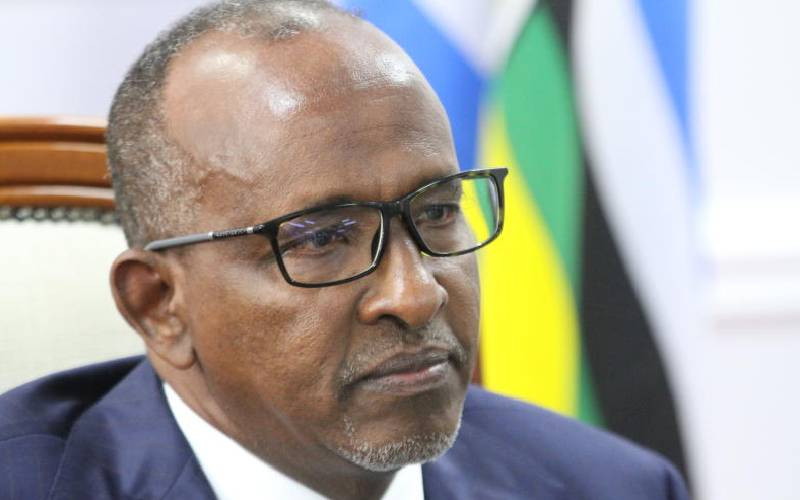
WHO says large alcohol, tobacco and ultra-processed food companies are blocking health reforms
The World Health Organization (WHO) has accused large alcohol, tobacco and ultra-processed food companies of undermining global efforts to improve public health.
In a statement on 18 September 2025, ahead of a United Nations (UN) meeting on non-communicable diseases (NCDs), WHO said these ‘powerful industries’ are using intense pressure to block, weaken or delay key health reforms.
These reforms include raising health taxes, imposing stricter marketing restrictions, particularly those targeting children, and controlling the consumption of unhealthy products.
WHO Director-General Dr Tedros Adhanom Ghebreyesus said, “Often, governments face fierce opposition from industries that profit from unhealthy products.”
Dr Etienne Krug, WHO’s Director of Health Determinants, Promotion and Prevention, added, “It is unacceptable that commercial interests are profiting from increasing deaths and disease.”
According to WHO’s analysis, an investment of 3 US dollars per person per year in NCD prevention could save more than 12 million lives and yield 1 trillion US dollars in economic benefits by 2030.
Industry groups, however, strongly dispute WHO’s claims. The World Brewing Alliance said, “We welcomed the opportunity to join member states and advocates in sharing our perspective on how to reduce the harmful use of alcohol.”
- Government suspends tobacco licences in crackdown on youth nicotine use
- High Court halts health ministry's nicotine ban directive
- Health Ministry under fire after partnering with BAT in health campaign
- WHO maintains mpox alert amid West Africa surge
Keep Reading
The International Food and Beverage Alliance said it “strongly disagrees with the characterisation of our industry as obstructing progress.”
Kenya, like many countries in sub-Saharan Africa, is grappling with a rising burden of tobacco use, harmful alcohol consumption and diet shifts toward more ultra-processed foods, which are already drawing concern from public health experts.
While WHO has not directly accused corporate food or alcohol industries of lobbying in Kenya in the same way it has highlighted globally, there are warning signs.
Kenya has been considering policies on health warnings for packaged foods and beverages, and attempts to introduce taxes on sugary drinks or stricter regulation of alcohol advertising have in the past faced resistance.
According to the Ministry of Health, NCDs account for nearly four in 10 deaths in Kenya, with risk factors such as unhealthy diets, tobacco and alcohol use firmly established.
Experts caution that if industries in Kenya mirror the tactics identified globally, including pushback against taxes, delays in regulation and lobbying of policymakers, then reforms may be similarly weakened or diluted.
The UN meeting is expected to finalise new targets and a roadmap. WHO and health advocates have already warned that draft political declarations have been ‘watered down’ under pressure from powerful industries.
While policies on NCD prevention exist in Kenya, consistent enforcement, adequate funding and protection from industry interference remain key challenges.
Experts caution that unless these gaps are addressed, commercial influence could undermine efforts to reduce the growing burden of lifestyle-related diseases.
 The Standard Group Plc is a multi-media organization with investments in media
platforms spanning newspaper print
operations, television, radio broadcasting, digital and online services. The
Standard Group is recognized as a
leading multi-media house in Kenya with a key influence in matters of national
and international interest.
The Standard Group Plc is a multi-media organization with investments in media
platforms spanning newspaper print
operations, television, radio broadcasting, digital and online services. The
Standard Group is recognized as a
leading multi-media house in Kenya with a key influence in matters of national
and international interest.











